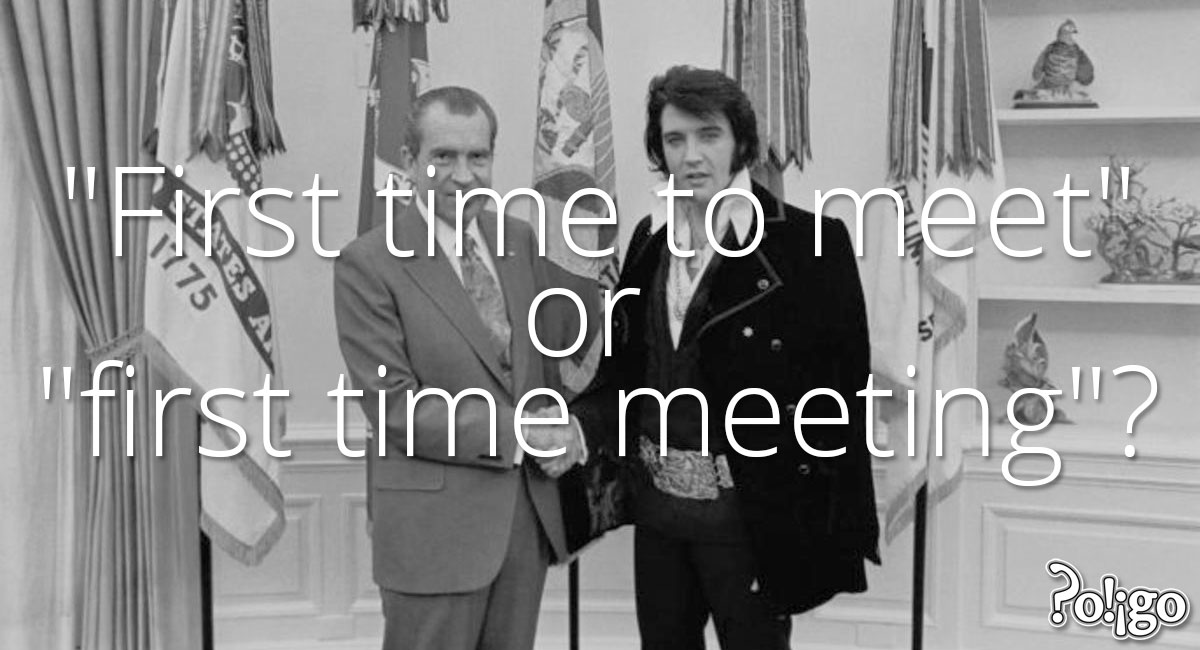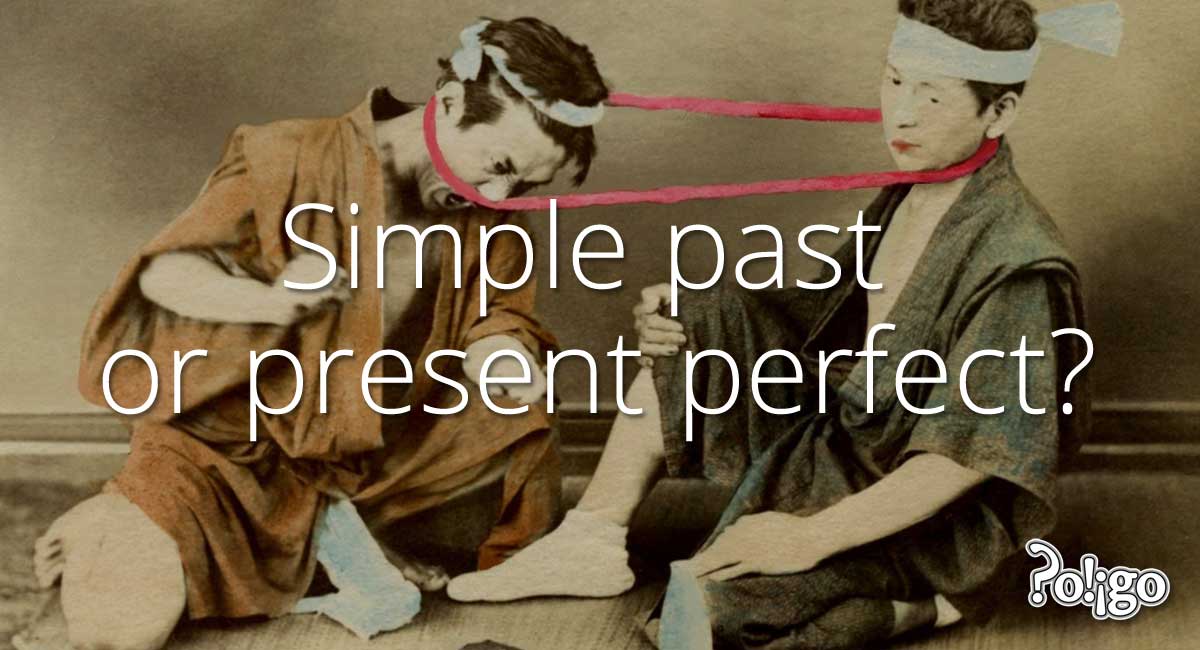
When I was teaching in Japan, many of my students would say something like this:
"This is our first time to meet, so let me introduce myself."
It sounds OK, and I knew what my student meant, but it's often thought of as a mistake. Most careful native speakers would probably not* say this. They would say:
- "This is our first time meeting..." or
- "This is the first time we have met..."
To understand why "first time to meet" is not good, you can think about it in a couple of ways. You can think about the grammar, or you can think about the meaning of the words.
Thinking about grammar
Think about this sentence:
"Neil Armstrong was the first man to walk on the moon."
When you use an infinitive, the thing right before it is usually what does the action. In this case, it is a man. A man can walk, and Neil Armstrong is a man, so the grammar of this sentence is fine.
Here are some more examples:
- "New Zealand was the first country to give women the right to vote;"
- "Wall Street was the first movie to show someone using a mobile phone;"
- "Elizabeth Taylor was the first woman to earn one million dollars for a movie."
New Zealand is a country, and a country can give the right to vote. Wall Street is a movie, and a movie can show something. Elizabeth Taylor was a woman, and a woman can earn money.
Now think about the original sentence:
"This is our first time to meet."
Well, this can be a time, but time cannot meet anything. This grammar is strange.
Thinking about the meaning
We do say "time to meet". This is another side to the problem. In fact, we use "time to VERB" a lot. Here are some examples:
- "It's time to go!"
- "When will it be time to eat?"
- "Do you have time to watch a movie?"
In all of these sentences, if you translate "time" into Japanese, it is 「時間」 or 「期間」, right? What you are saying is as follows:
- "It is the correct hour to go" — If you have to catch the train at 2.30 and now it is 2.15. You should leave now.
- "What time will we eat?" — The answer you get will be something like "At 8pm", or "In a couple of hours".
- "How much time do you have?" — Are you free now, or are you busy?
When you say "first time to meet", how would you translate that "time" into Japanese? In this case, it means 「回」. That is because the word "time" in English can be countable or uncountable. When you change from one to the other, the phrases you can use change. We can only use "time to VERB" with uncountable time (時間). We use "time -ing" with countable time (回). So if I translate "first time to meet" directly into Japanese, it means 「最初に会う時間」! Isn't that a strange sentence!
What should you say?
In future, you should say "first time -ing":
- "It is our first time meeting;"
- "That was her first time traveling alone;"
- "Yesterday was Ted's first time swimming in the Atlantic Ocean."
You can also say "the first time SUBJECT has/had DONE" or "the first time SUBJECT DID":
- "It is the first time we have met;"
- "That was the first time she had travelled alone;"
- "Yesterday was the first time Ted swam in the Atlantic Ocean."
- I did hear some of the other teachers saying it when I was working at an English school, but I think that was because they had been in Japan for so long that they had started to pick up bad habits from their students—It happens!
- Some native speakers think that saying "first time to meet" is OK.


